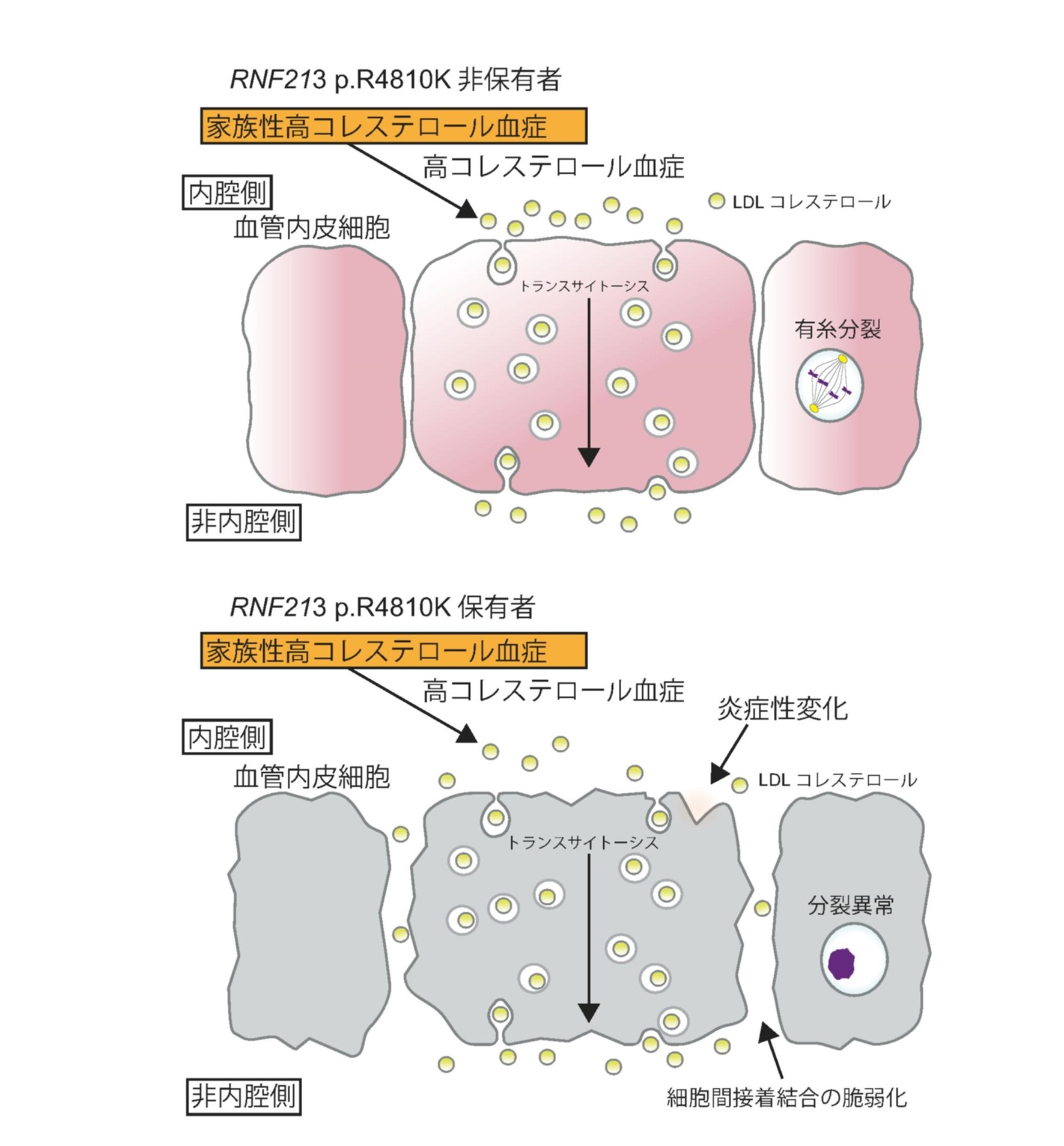2023-06-14 エディンバラ大学
◆タイプ1糖尿病の核心遺伝子が初めて特定されたこの研究では、一般的な遺伝子の変異がゲノム全体の遺伝子に与える影響を探る新しい手法を使用しました。この手法は他の疾患でも応用できる可能性があります。
<関連情報>
- https://www.ed.ac.uk/news/2023/core-genes-for-type-1-diabetes-revealed
- https://www.cell.com/ajhg/fulltext/S0002-9297(23)00127-1
1型糖尿病リスクへのトランス効果をゲノムワイドに集約: 複雑形質遺伝学の「オムニジェニック」スパースエフェクター仮説の検証 Genome-wide aggregated trans-effects on risk of type 1 diabetes: A test of the “omnigenic” sparse effector hypothesis of complex trait genetics
Andrii Iakovliev,Stuart J. McGurnaghan,Caroline Hayward,Marco Colombo,Debby Lipschutz,Athina Spiliopoulou,Helen M. Colhoun,Paul M. McKeigue
American Journal of Human Genetics Published:May 09, 2023
DOI:https://doi.org/10.1016/j.ajhg.2023.04.003

Summary
The “omnigenic” hypothesis postulates that the polygenic effects of common SNPs on a typical complex trait are mediated through trans-effects on expression of a relatively sparse set of effector (“core”) genes. We tested this hypothesis in a study of 4,964 cases of type 1 diabetes (T1D) and 7,497 controls by using summary statistics to calculate aggregated (excluding the HLA region) trans-scores for gene expression in blood. From associations of T1D with aggregated trans-scores, nine putative core genes were identified, of which three—STAT1, CTLA4 and FOXP3—are genes in which variants cause monogenic forms of autoimmune diabetes. Seven of these genes affect the activity of regulatory T cells, and two are involved in immune responses to microbial lipids. Four T1D-associated genomic regions could be identified as master regulators via trans-effects on gene expression. These results support the sparse effector hypothesis and reshape our understanding of the genetic architecture of T1D.


